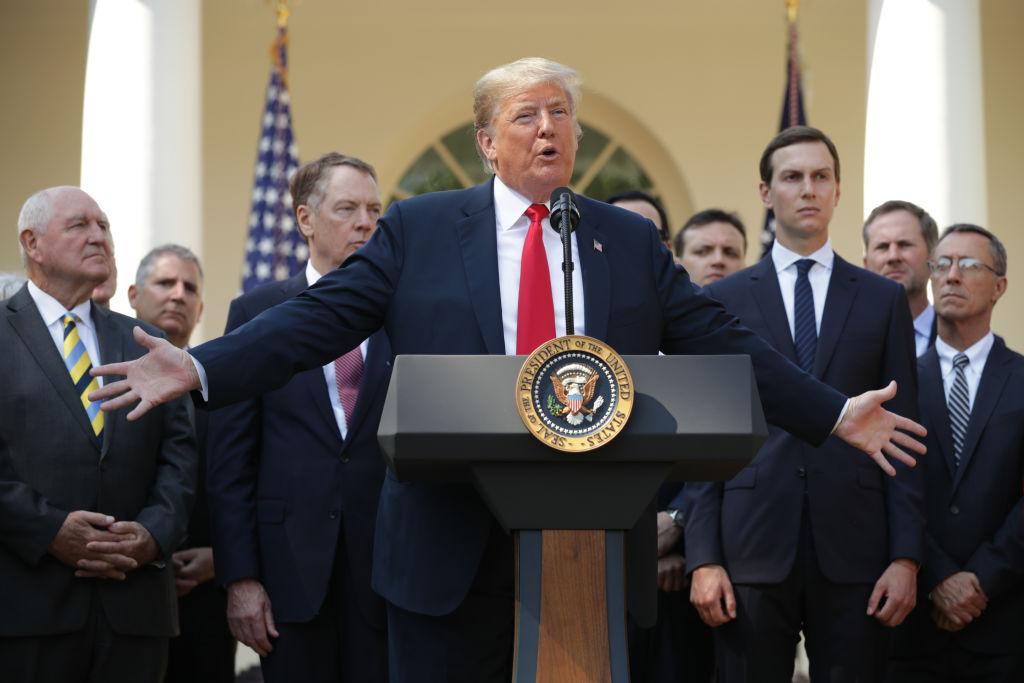WASHINGTON—The U.S.–Mexico–Canada trade pact (USMCA) has strong labor rules, which makes the deal an important milestone for international trade.
The new deal is “a significant accomplishment” for President Donald Trump, according to Edward Alden, a senior fellow at the Council on Foreign Relations. In an article originally published in Politico Magazine, Alden slams critics who say the new agreement is a minor update to the North American Free Trade Agreement (NAFTA).





